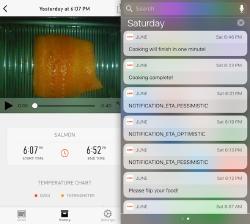In October 2022, Open Technology Fund (OTF) brought together a group of around 50 technologists, researchers, usability experts, and digital security practitioners working on internet shutdowns. Together, the group engaged in many topics, ranging from understanding the lived experience of an internet shutdown to the challenges around technology interventions, and measuring and monitoring networks during a shutdown. An internet shutdown is when access to the internet is restricted, such that people are unable to use the internet or internet based services. This is an information control tactic that is increasingly being used around the world to affect the free flow of information. Our learnings from this session are outlined in this blog post.

![[Open Call] Submissions for “Reimagining Digital Consent: A Discussion & Gallery Exhibition” at MozFest 2022](/images/reimagining_digital_consent_blog_image_1_hu5691530029523679635.png)

